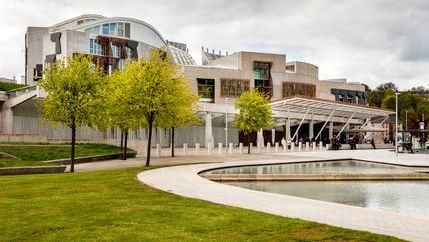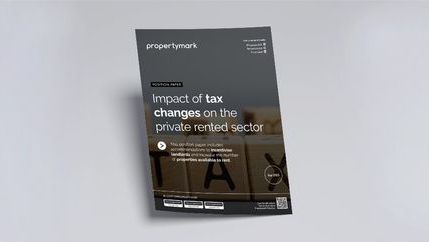Proposals for long term rent controls
The legislation will implement many of the measures that the Scottish Government included in its New Deal for Tenants, originally drafted in 2021, which forms part of their Housing to 2040 strategy.
Representing Propertymark members
Leading up to the legislation through the New Deal for Tenants, policy work discussed affordable rents, supply of rented homes and quality raising standards.
The Housing (Scotland) Bill does very little to increase the supply of private rented homes and only offers rent control as the solution for affordability—rent controls should be the last resort, not the first port of call for policy makers.
More information






